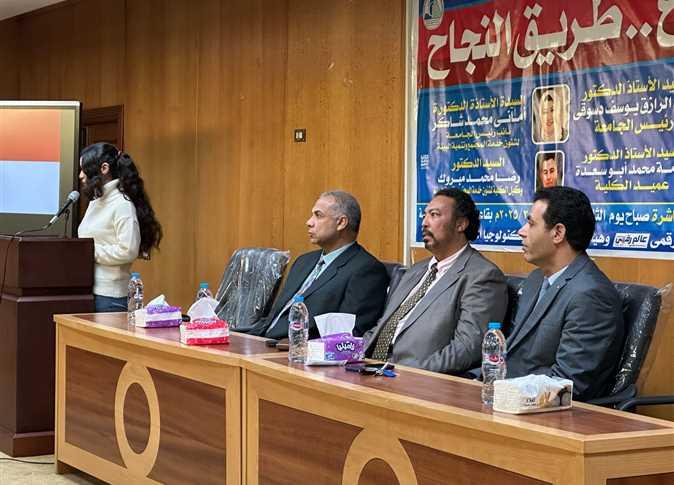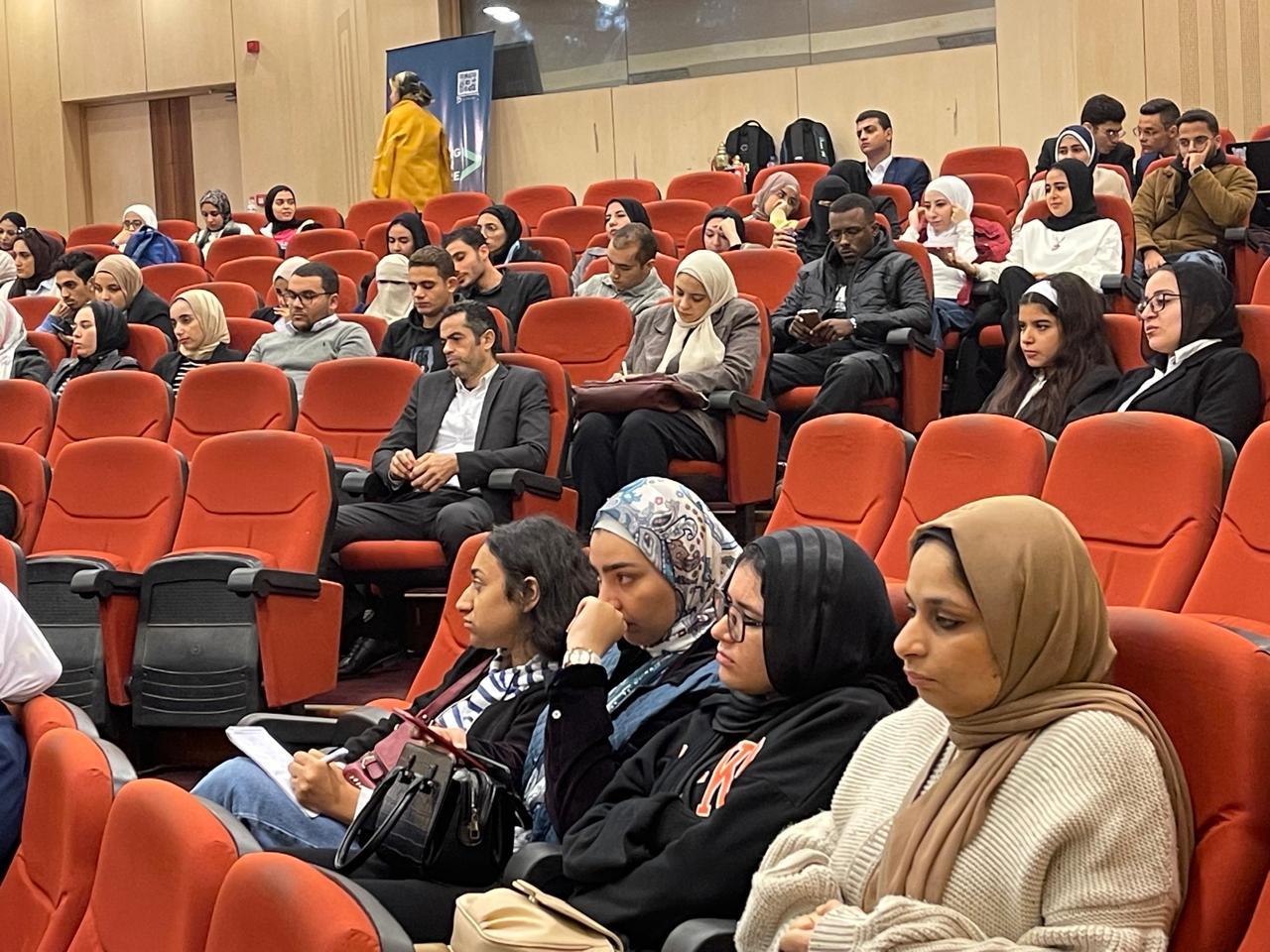By : Bakinam Khaled – Rasha Hussein
According to global consulting firm Mercer, 22 per cent of organizations in Egypt have addressed employee compensation by either providing increased salaries or temporary allowances in response to the country’s recent currency devaluation.
Mercer’s 2022 Egypt Currency Devaluation Spot Survey demonstrates that some companies are seeking to rapidly address compensation for employees in Egypt with 15 per cent of companies indicating that they plan to raise employee compensation, however 46 per cent of organizations report that they are planning to take action but have not decided anything specific yet.
Over 200 organizations comprising a range of international and local companies were surveyed across a diverse pool of industries such as consumer goods, life sciences, energy, technology, other manufacturing, banking or financial services, non-financial services, logistics, insurance or reinsurance, retail and wholesale, chemicals, healthcare services, and other non-manufacturing.
Private sector companies are following the lead of the Ministry of Finance which approved allowances for government employees of eight to 15 per cent. From the 22 per cent of organizations that have addressed employee compensation – 13 per cent provided a special increase in salaries by an average of 12.8 per cent, while four per cent of companies provided an additional or temporary allowance. Two per cent have given employees a lumpsum amount, and three per cent have taken other steps to ensure employees are adequately compensated.
Inflation in Egypt officially reached 14.7 per cent in June. Despite the private sector facing its biggest slump since 2020, many sectors have already increased compensation or plan to by 10 per cent or more. These include other non-manufacturing (15%), chemicals (15%), high tech (13%), banking or financial services (12%), life sciences (11%) and consumer goods (10%). Meanwhile other industries that have increased or plan to increase compensation by less than 10 per cent include, energy (9%), other manufacturing (9%), insurance or reinsurance (9%), and non-financial services (7%).
Mohamed Faisal Al-Nizami, Country Manager, Mercer Egypt said: “Following the crisis in Ukraine, billions of dollars were pulled out from Egyptian treasury markets leading to the devaluation of the Egyptian pound as a corrective measure. Companies that increasingly recognize that people are their greatest asset are responding to the devaluation in this salary cycle or the next, against the context of rising prices as Egyptian households of all income levels are seeing their spending power erode rapidly. This adjustment in compensation in addition to the support the country is receiving from the IMF, Saudi Arabia and UAE is critical as it paves the way to empower people, catalyze demand and drive prosperity – signalling the private sector’s commitment towards contributing to Egypt’s Vision 2030 ambitious objectives, and long-term economic stability.”
The survey also finds that 13 per cent of organizations have not yet taken any action and are planning to wait for the next salary increment cycle. While organizations that took action - mostly those who provided a special increase- reported that they are considering additional steps in the next salary increment cycle.
Organizations that participated in the survey include a mix of some Egypt’s biggest companies and international organizations.














































































